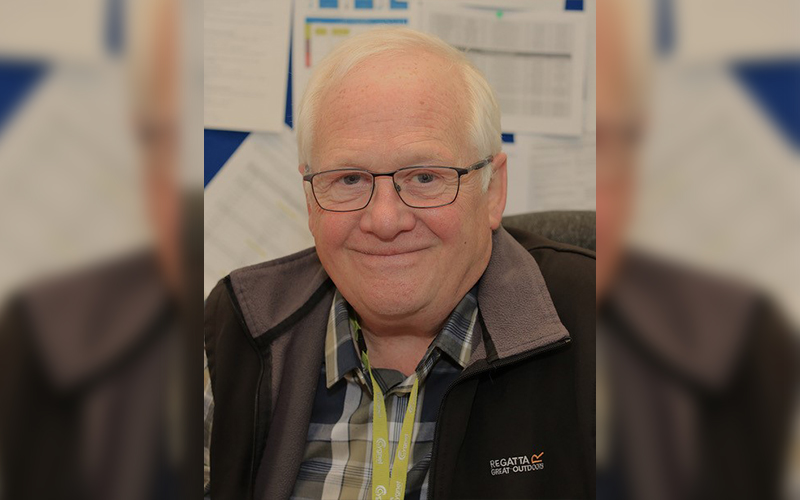
The last eighteen months have seen unprecedented changes to the way in which we all lead our lives. I want to reflect on the lessons I’ve learnt during this time and the impact of the Covid-19 pandemic that will be felt for many years to come.
Returning to the classroom
As a specialist trainer, I’m responsible for delivering training sessions for new staff across the company and I’ve had to very quickly learn a new set of skills. Using Zoom comes naturally to many, but I struggled in the first few months of lockdown trying to screen share and speak to my colleagues virtually. I used to speak and look downwards rather than facing the camera on my laptop. With experience I have thankfully overcome this issue and I am much more comfortable delivering training virtually.
There’s no doubt that the use of technology and online meetings have helped to keep us connected during the lockdowns but nothing can replace actually being in other people’s company. I have really enjoyed meeting colleagues face to face again, some of whom I have not seen at all for the last eighteen months.
Despite the relaxing of restrictions we will continue to wear face coverings in our place of work, throughout Cygnet, and now I’ve had the opportunity to return to the classroom, I’m facing new challenges. Social distancing and the wearing of face coverings has meant I have learned to listen more attentively and take more breaks during a training session as many people find wearing face coverings difficult over long periods of time. I have also realised the importance of body language and being ‘open’ in our interactions with others.
Smile with your eyes
I work regularly with deaf colleagues and interpreters and they sit in the same room as other staff, all socially distanced and wearing face coverings. I’ve learned to always smile with my eyes and remember the importance of maintaining a good posture and displaying positive body language. This applies to all our interactions, whether we’re in the supermarket queue or at work. I think you can sense when someone’s smiling, even if it’s behind a mask.
Working from home can be lonely
Working from home and living alone has presented many challenges and during the height of lockdown I tried to only visit the shops for essentials and took one period of exercise locally.
I now appreciate the term loneliness and the importance of keeping physically and mentally well. The pandemic lockdowns taught me to become more aware of my older neighbours and try and offer them support if and when required.
Conversely I also hear about people who are now feeling anxious about returning to work, going to the shops or being in public spaces where lots of people might be gathered. We became so conditioned to being at home in our own bubbles over the past 18 months that for some, the thought of mixing with other people again can feel quite intimidating. We must be patient and show understanding of how people might be feeling as they adjust to normal life again.
Achieving a good work-life balance
All of these factors demonstrate why it is important to maintain a good work-life balance and if you feel that you are suffering mentally or physically then seek assistance and support from either our Cygnet HR team or your line manager.
I’ve learned not to suffer in silence. It is important to note that committed, well-trained staff are a health care provider’s most important asset.
Customer service in care settings
For many long months people were prevented from visiting their loved ones in care settings. Many of our services adapted quickly and were able to facilitate important connections online with friends and family members and this brought comfort to many.
Customer service is an essential culture that we often take for granted. In our sector it means treating visitors as partners in care and embracing the value they can bring to support and help those we look after. Everyone has a duty of care to be polite and courteous to all service users, their families and visitors. Remember that first impressions count on days and nights.
Looking after ourselves and each other
We have lost some of our colleagues to Covid-19 and we will never forget them. Many colleagues have lost family members and the dedication and commitment of our Cygnet staff has been something to make us all proud.
As autumn approaches we need to remember our flu vaccines and take care of ourselves and each other, as we prepare for the long winter ahead.
The most important lesson that I’ve learned is not to take each other for granted but let our colleagues know they are all valued. By working together we can make a real difference to all those individuals we care for and to each other.